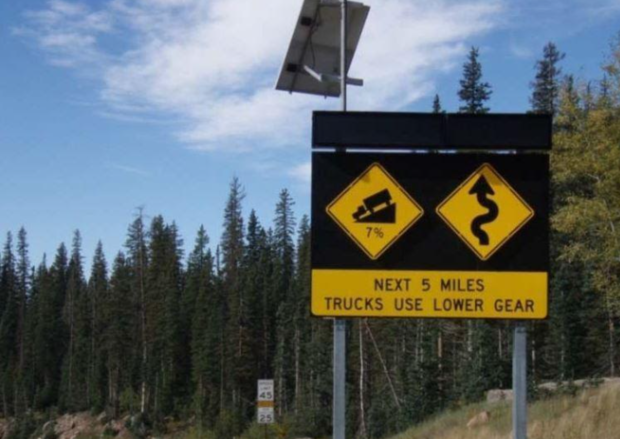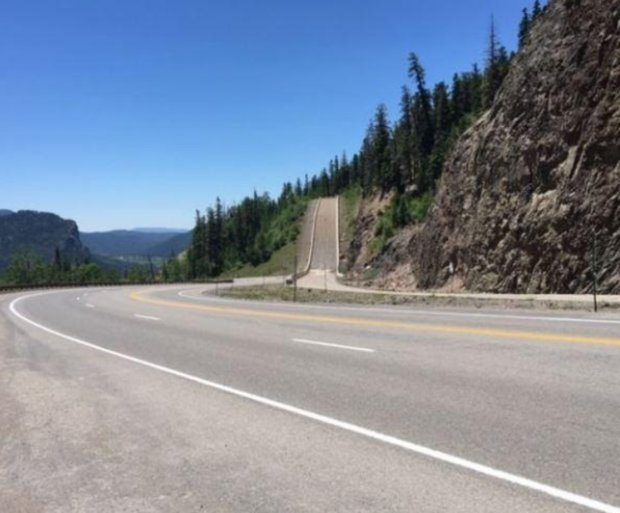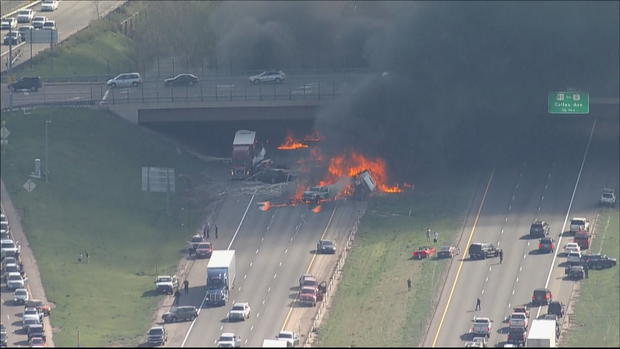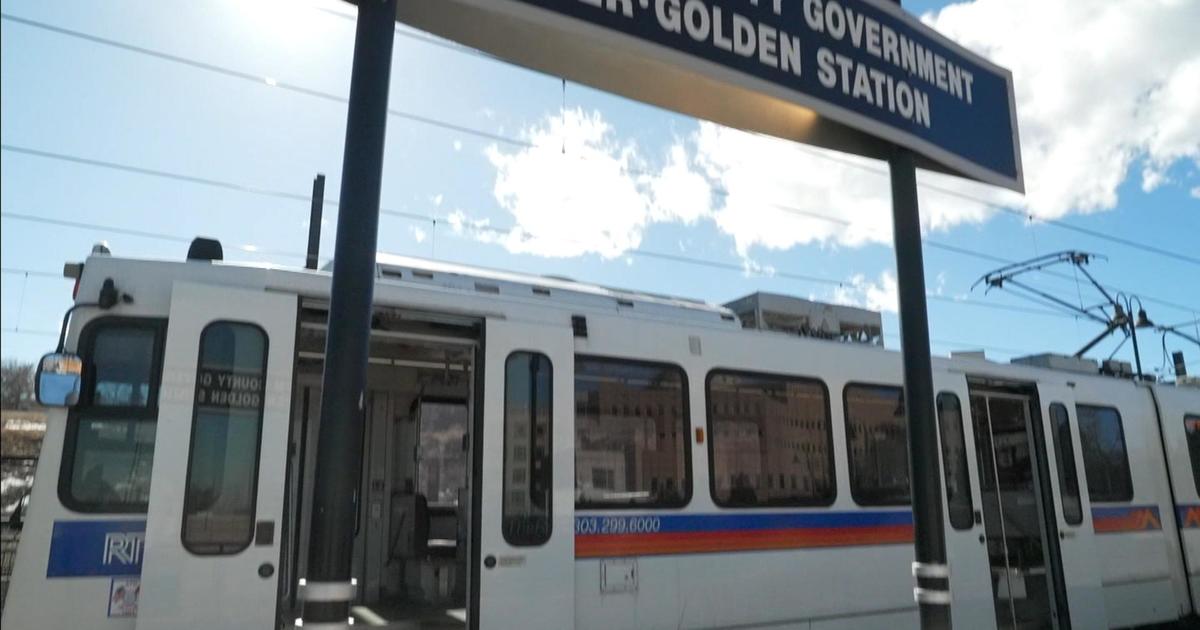State Of Colorado: Most Important Safety Item On Big Rigs Is Drivers' Understanding Of Mountain Pass Danger
(CBS4) -- Personnel from the Colorado State Patrol and the Colorado Department of Transportation are conducting safety checks at the summit of Wolf Creek Pass this month in an effort to reduce fatal crashes involving commercial trucks.
"From 2015 to 2019, there have been 47 semi-truck crashes on the west side of Wolf Creek Pass," said Colorado State Patrol Capt. Adrian Driscoll. "Three of those crashes resulted in needless fatalities. The number of crashes over the years underscores the need to slow down."
The seven-mile descent includes a hairpin curve and a 7 percent downhill grade. CDOT has installed numerous safety upgrades -- more overhead and roadside signs, plus a lengthened concrete barrier at a scenic overlook where a majority of the crashes have occurred.
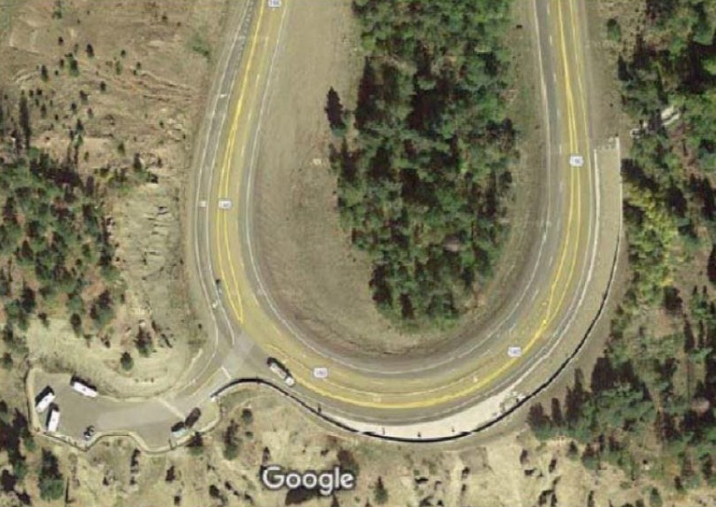
But there is a new approach this autumn. State personnel, aside from inspecting tire pressure and brake lines, will be checking between drivers' ears.
Those behind the wheel of heavy cargo in the mountains need to understand, literally, the gravity of their situation.
"This pass can be very deceiving to the traveling public," said George Hudran, CDOT maintenance foreman for Wolf Creek Pass. "The highway is wide with three and four lanes along some stretches and ample shoulders. Many truck drivers are fooled by these road features, to only find themselves out-of-control once they've made it half way down the pass."
"Stopping CMVs (commercial motor vehicles) and talking with drivers has proven successful," added Driscoll. "Past safety checks have coincided with construction projects on the pass. Letting drivers know what they are in for, coming down the pass can prevent a potential crash, so we're going to pick those efforts up again."
Truck drivers will be handed a flyer explaining the risks of the route, its speed limits, advice for protecting the truck's brakes, and locations of chain-up areas and runaway truck ramps.
"If a truck's brakes fail due to overheating or excessive use going downhill, runaway ramps are the only way the truck will be able to stop," Capt. Driscoll said. "There should never be a hesitation to use the runaway ramps."
Drivers will also be provided avenues for obtaining information on winter road conditions and travel alerts.
The flyers will be printed in both English and Spanish versions. A CDOT spokesperson told CBS4 that several crashes have involved truck drivers who speak only Spanish, thus illuminating a disconnect between those drivers and the highway signage written in English.
"We are very interested in what the upcoming safety checks may reveal in terms of potential language barriers," CDOT's Lisa Schwantes said.
Such miscommunication may have contributed to a Denver crash that killed four people in April of 2019.
A 24-year-old driver, Rogel Lazaro Aguilera-Mederos, is awaiting trial on vehicular homicide charges after a lumber-hauling semi under his control careened down Interstate 70 in the foothills and plowed into backed-up city traffic. Prosecutors allege Aguilera-Mederos's truck was traveling 85 mph when he passed by a runaway truck ramp before the crash.
Those prosecutors have not answered questions about the driver's ability to read signs alerting him to the ramp.
